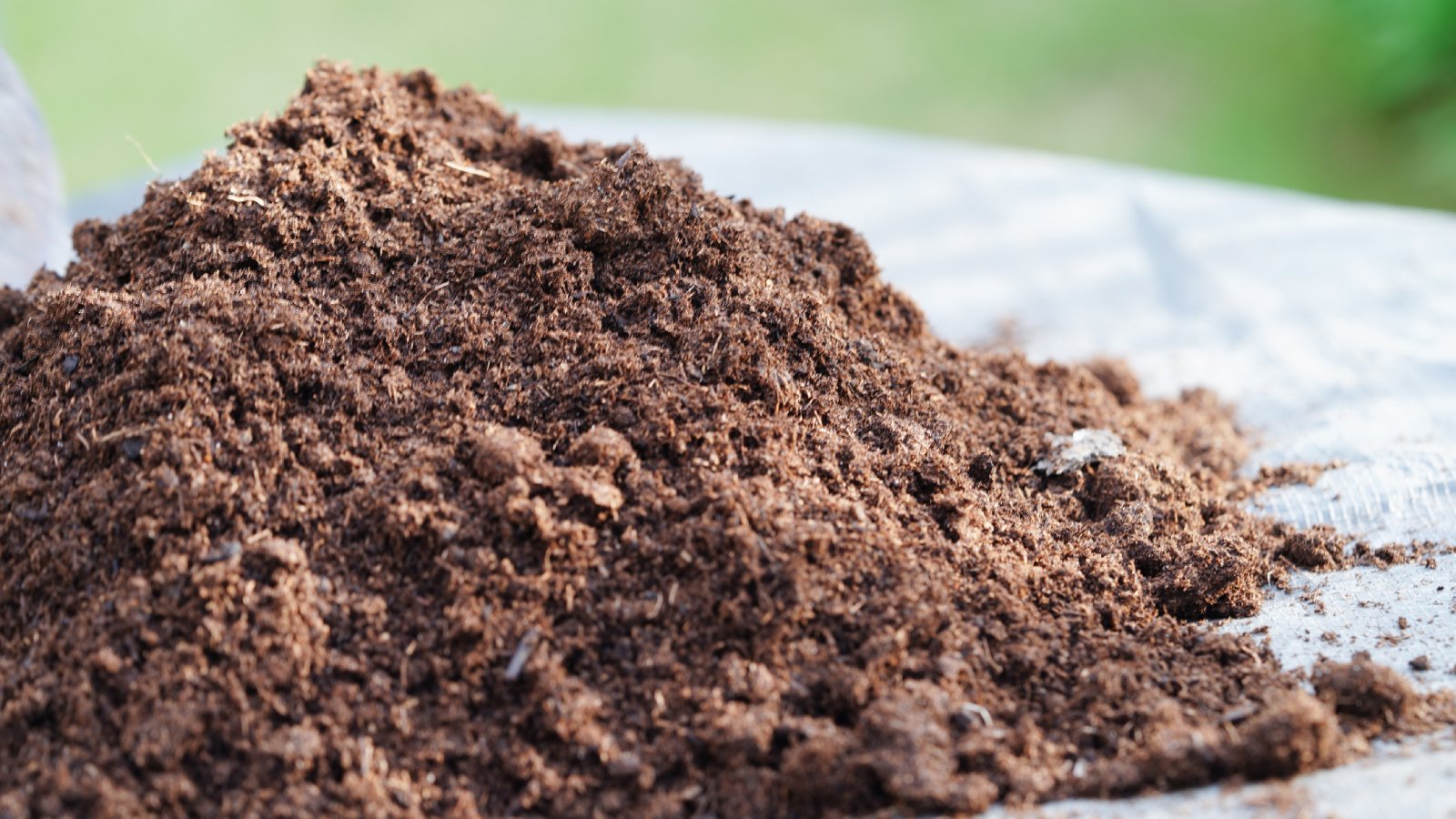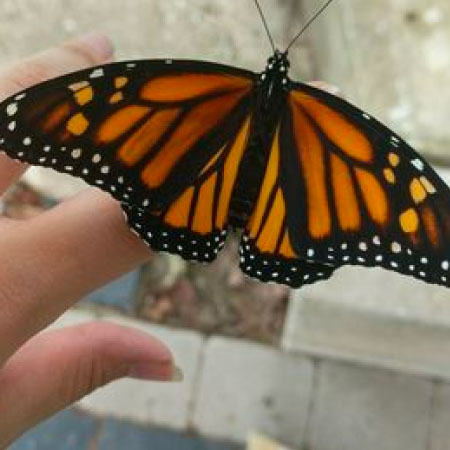Composting With Biosolids: What Are Biosolids And What Are They Used For


Sign up for the Gardening Know How newsletter today and receive a free copy of our e-book "How to Grow Delicious Tomatoes".
You are now subscribed
Your newsletter sign-up was successful
You may have heard some debate on the controversial subject of using biosolids as compost for agriculture or home gardening. Some experts advocate its use and claim it is a solution for some of our waste problems. Other experts disagree and say biosolids contain harmful toxins that shouldn't be used around edibles. So, what are biosolids? Continue reading to learn about composting with biosolids.
What are Biosolids?
Biosolids is an organic material made from wastewater solids. Meaning, everything we flush down the toilet or wash down the drain turns into biosolid material. These waste materials are then broken down by micro-organisms. Excess water is drained and the solid material that remains is heat treated to remove pathogens. This is the proper treatment the FDA recommends. Biosolids created at wastewater treatment plants need to follow strict guidelines and are tested often to make sure they do not contain pathogens and other toxins.
Biosolids Compost for Gardening
In a recent publication regarding the use of biosolids, the FDA says, “Properly treated manure or biosolids can be an effective and safe fertilizer. Untreated, improperly treated, or recontaminated manure or biosolids used as a fertilizer, used to improve soil structure, or that enters surface or ground waters through runoff may contain pathogens of public health significance that can contaminate produce.”
However, not all biosolids come from wastewater treatment plants and may not be tested or treated properly. These may contain contaminates and heavy metals. These toxins can infect the edibles they are used as compost for. This is where the controversy comes in and also because some people are just disgusted by the thought of using human waste as compost.
Those who are strongly against using biosolids cite all sorts of horror stories of people and animals becoming sick from contaminated plants that were grown with biosolids. If you do your homework, though, you will see that most of these incidents they mention happened in the 1970's and 1980's. In 1988, the EPA passed the Ocean Dumping Ban. Before this, all sewage was dumped into the oceans. This caused high levels of toxins and contaminates to poison our oceans and marine life. Due to this ban, wastewater treatment plants were forced to find new options for disposing sewage sludge.
Since then, more and more wastewater treatment facilities have been turning sewage into biosolids for use as compost. It is a much more environmentally friendly option than the previous way sewage was handled prior to 1988.
Using Biosolids in Vegetable Gardens
Properly treated biosolids can add nutrients to vegetable gardens and create better soil. Biosolids add nitrogen, phosphorus, potassium, sulfur, magnesium, calcium, copper, and zinc – all beneficial elements for plants.
Sign up for the Gardening Know How newsletter today and receive a free copy of our e-book "How to Grow Delicious Tomatoes".
Improperly treated biosolids can contain heavy metals, pathogens, and other toxins. However, these days most biosolids are properly treated and completely safe for use as compost. When using biosolids, be sure you know exactly where they came from. If you get them directly from your local wastewater treatment facility, they will have been properly treated and carefully monitored and tested to ensure they meet government safety standards before becoming available to purchase.
When using biosolids compost for gardening, follow general safety precautions like hand washing, wearing gloves, and cleaning tools. These safety precautions should be used when handling any compost or manure anyway. As long as biosolids are acquired from a reliable, monitored source, they are no more unsafe than any other compost we use regularly in gardens.

Darcy is a former contributor to Gardening Know How. She is a professional landscape designer and gardening writer with experience in plant sales. An avid gardener, Darcy has a passion for sharing practical tips to help others grow.